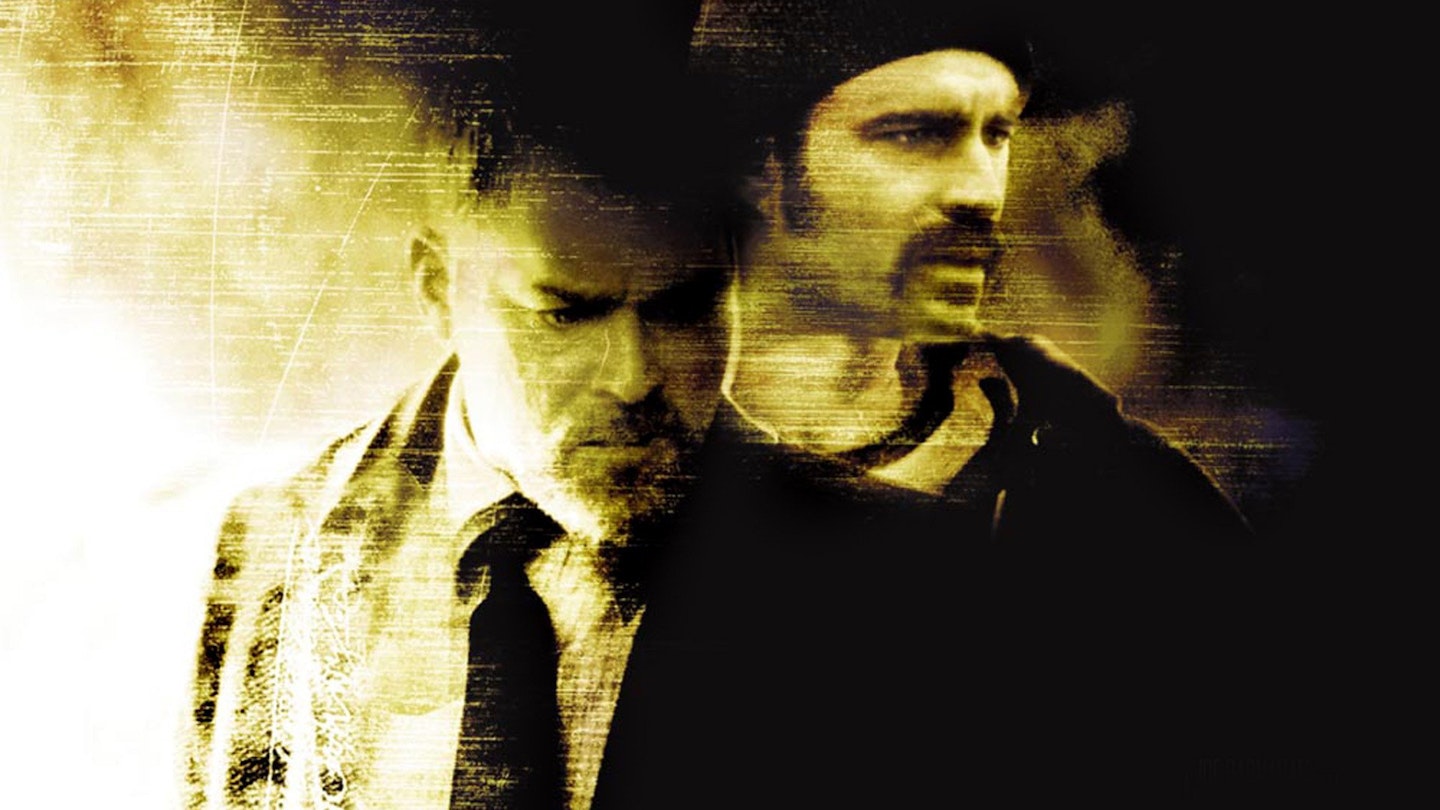Maybe it's the woollen hat and the handlebar moustache. Maybe it's the hefty good-cop-bad-cop pairing. Or maybe it's the split screen sequence. Whatever it is, there's something about Narc that's reminiscent of classic '70s cop movies such as Serpico and The French Connection. And if director Joe Carnahan doesn't quite match the output of that golden age, it's not for lack of effort on his or his cast's part.
Carnahan - whose directorial debut Blood, Guts, Bullets And Octane represented the worst of the American indies' infatuation with Tarantino posturing - has come of age with a movie that bristles with energy, from its stand-out, hand-held opening chase to its brutal, bloody denouement.
The film's visual hallmark is more Seven than Dirty Harry, but this isn't all about surface sheen. Carnahan's independent sensibilities go further than that, digging deep into the minds of his characters.
He takes undercover-cop clichÚs ù tearful wife, Black captain, mismatched partners ù and uses them as psychological tools. What is it that drives these men to lay their lives on the line, day in, day out? Narc might not have all the answers but, unlike so many films in the same narrative ballpark, at least it has the audacity to ask the questions.
To this end, the director is helped in no small part by his leading men. Patric very probably has the harder of the two roles; the troubled, introspective Tellis is caught between loving duty to his wife and consuming empathy for the dead undercover cop. Note that it's not bullying from above, but a snatched glance at a scan photograph of the deceased's unborn child that convinces him to take the case.
That said, it's Liotta - Oak by name, oak by stature - who dominates the film with the best performance of his career. Quick to anger but with a smothered sensitivity, this character's essential ambiguity keeps the plot ticking over.

